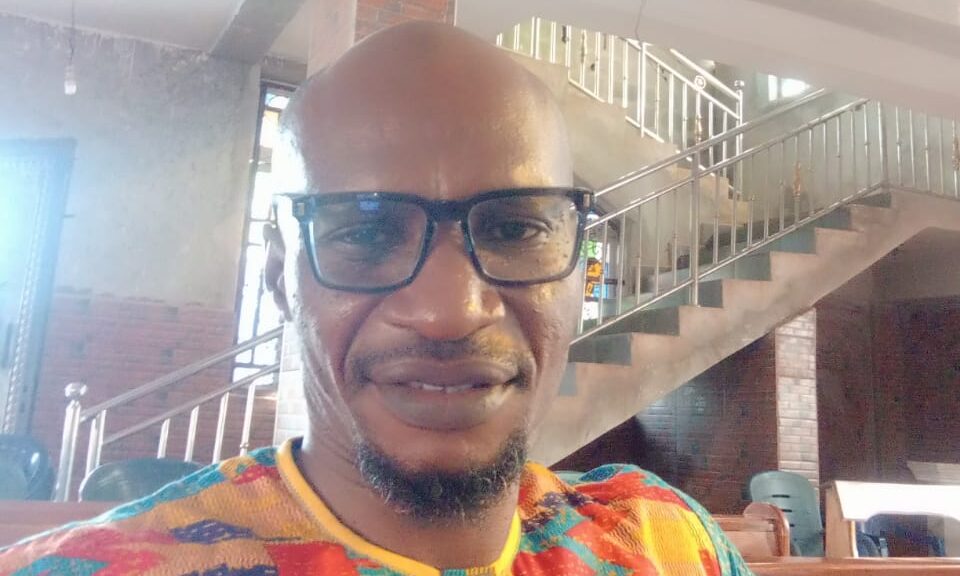They say lies travel faster than truth, and in Nigeria, falsehood has a way of wearing the cloak of wisdom. One of the most persistent claims is that the South-East does not welcome other tribes, that outsiders cannot buy land or build houses there. But anyone who understands the Igbo spirit knows this is not only wrong—it is laughable.
Look around Nigeria. From Sokoto to Port Harcourt, from Lagos to Maiduguri, you will find Igbo men and women thriving. There is even a popular saying: “If you go anywhere in the world and you don’t find an Igbo man there, it means people cannot survive in that place.” This is not a boast. It is reality. The Igbo carry with them a rare gift—the ability to adapt, to thrive, to turn wastelands into living communities.
Take Lagos for example. Many of the swampy areas that once repelled settlers have become buzzing neighborhoods and industrial hubs. Who were the first to take the risk, to invest, to build? The Igbo. Give them a desert, they will turn it into a marketplace. Give them a swamp, they will raise homes, industries, and schools. It is in their DNA to survive and to create.
So why does the South-East look different? Why do fewer outsiders migrate there? The answer is simple, though often twisted. The South-East is not unwelcoming—it is competitive. To live among the Igbo, you must bring skill, drive, and resilience. There is no free money. No government largesse waiting to be shared. Survival here is a test of character. Only the rugged, the determined, the dreamers who are willing to work, find space to grow.
Think of it this way: if you walk into a marketplace filled with the sharpest traders, the most daring entrepreneurs, the most skillful artisans, you had better come prepared. Otherwise, the place will swallow you whole. That is the South-East. It does not reject outsiders—it rejects idleness.
And this is where the falsehood unravels. If the South-East were to stand alone as a country tomorrow, it would open its arms to anyone with talent and determination. The same Igbo man who thrives in Kano, who builds in Lagos, who prospers in London and Johannesburg, will never tell you that he resents another man doing the same in his own land.
The problem is not hostility. The problem is misunderstanding. Too often, people mistake competitiveness for exclusion, resilience for hostility. But ask anyone who has walked the red earth of the South-East with open hands and honest labor—they will tell you: the land rewards those who are ready to work.
In Achebe’s words, “when a man says yes, his chi also says yes.” The South-East is simply a land that demands you say “yes” to life with all your strength.
So, let us put the matter to rest. The South-East is not a closed door. It is an open market—bright, noisy, alive. But like every market worth its name, only those who bring value can stake a claim. That is the truth behind the lies.



